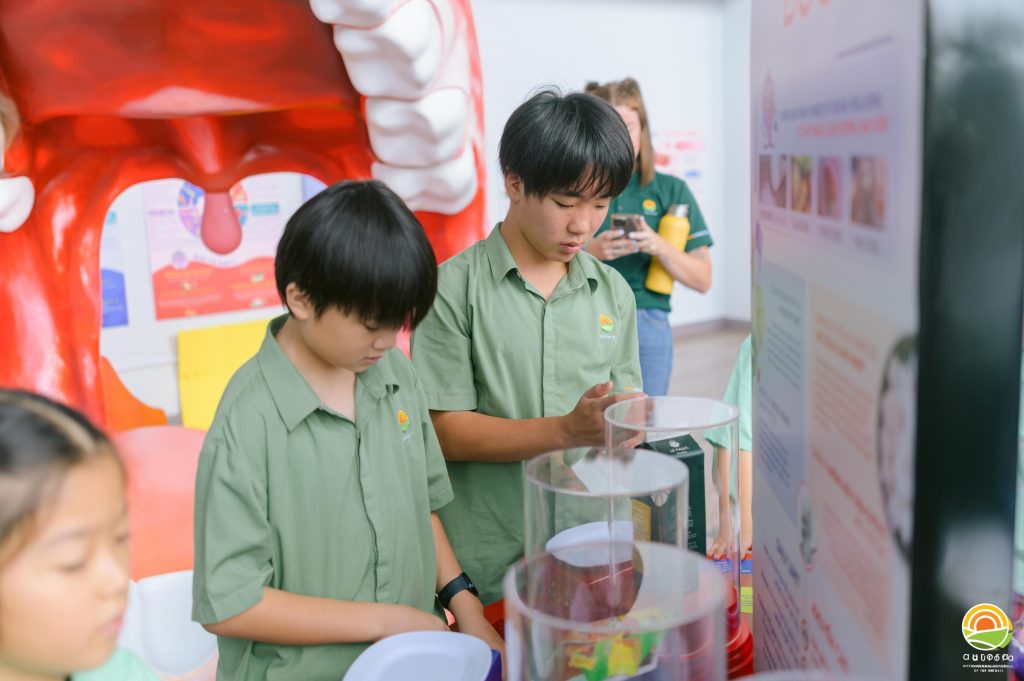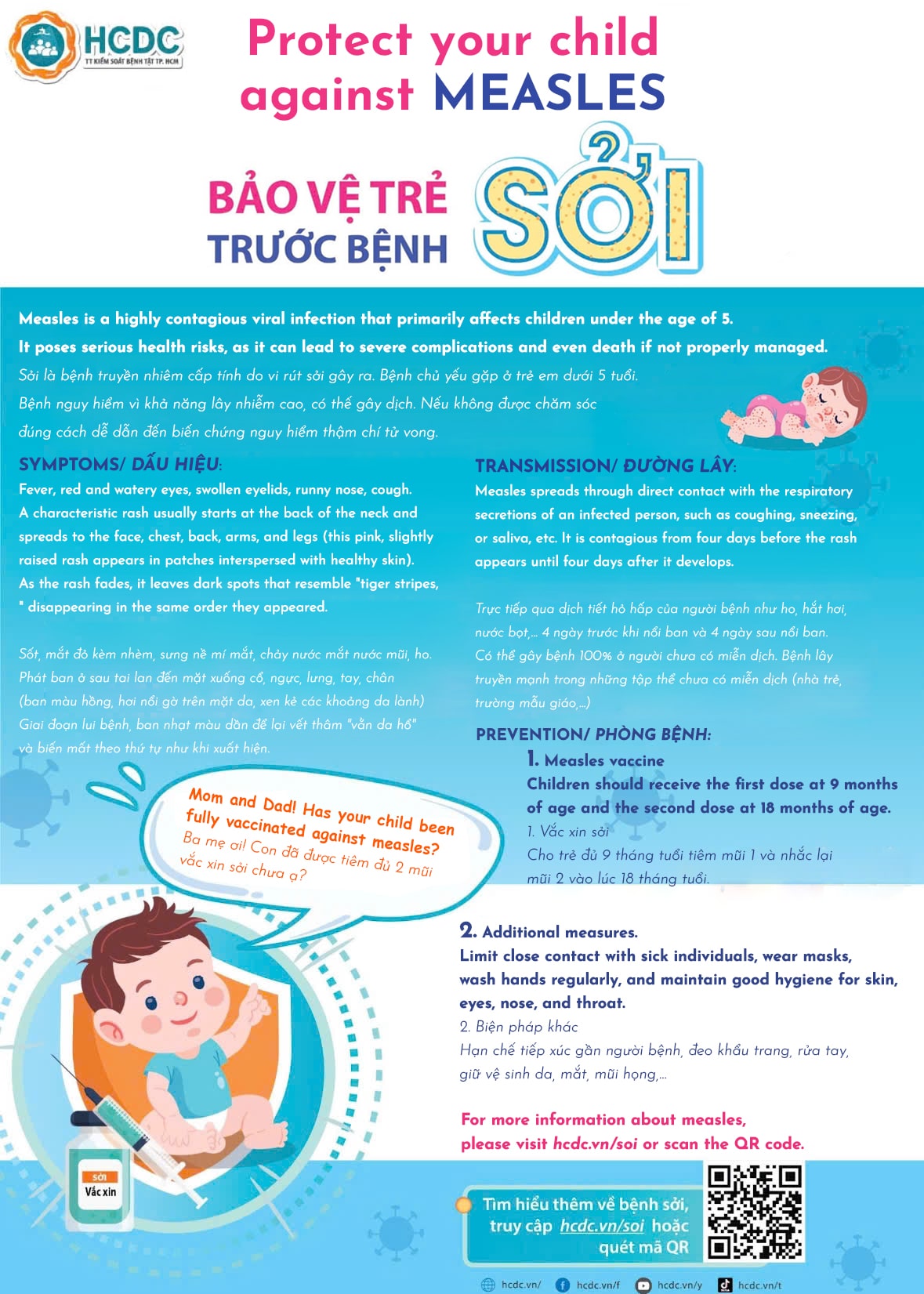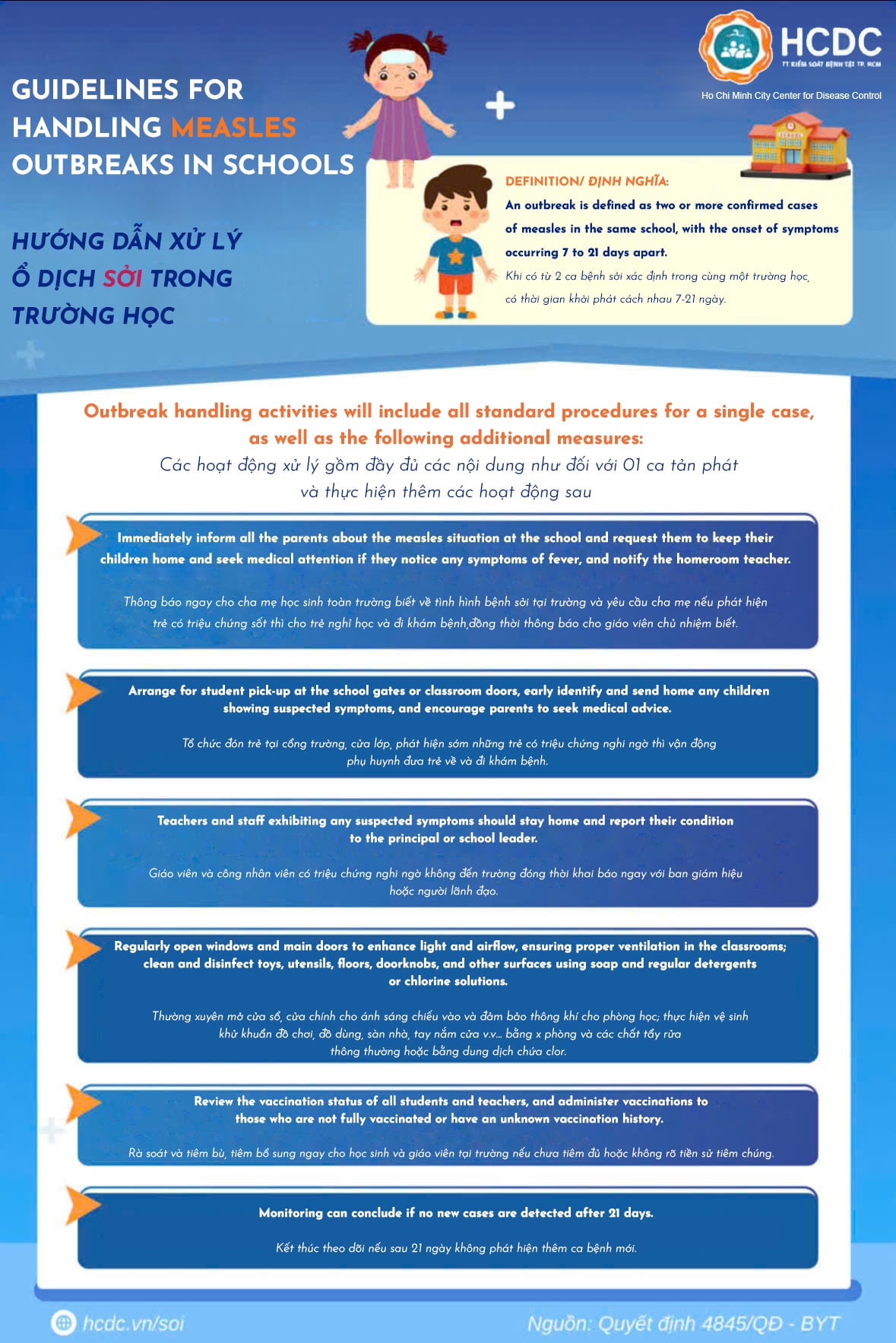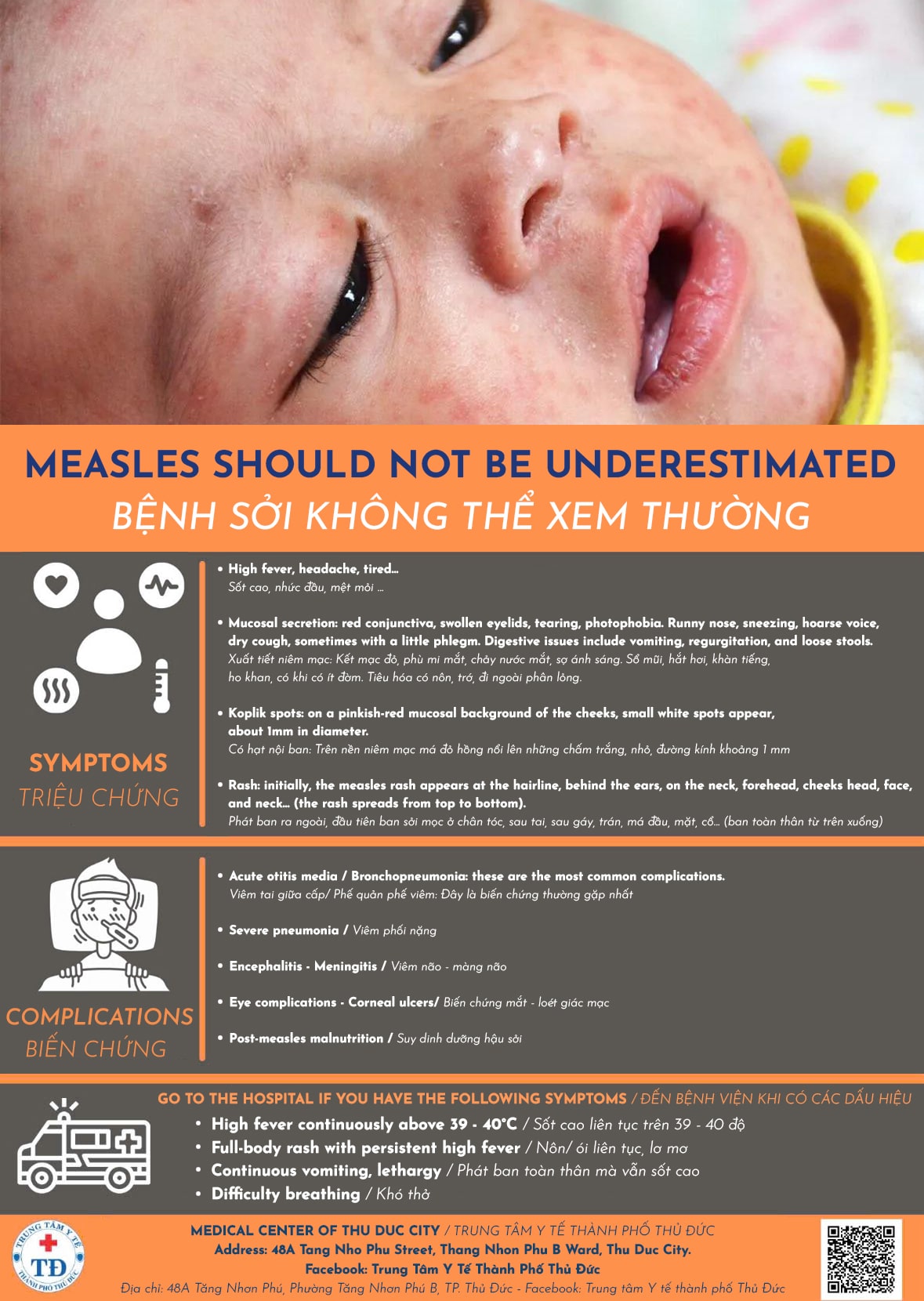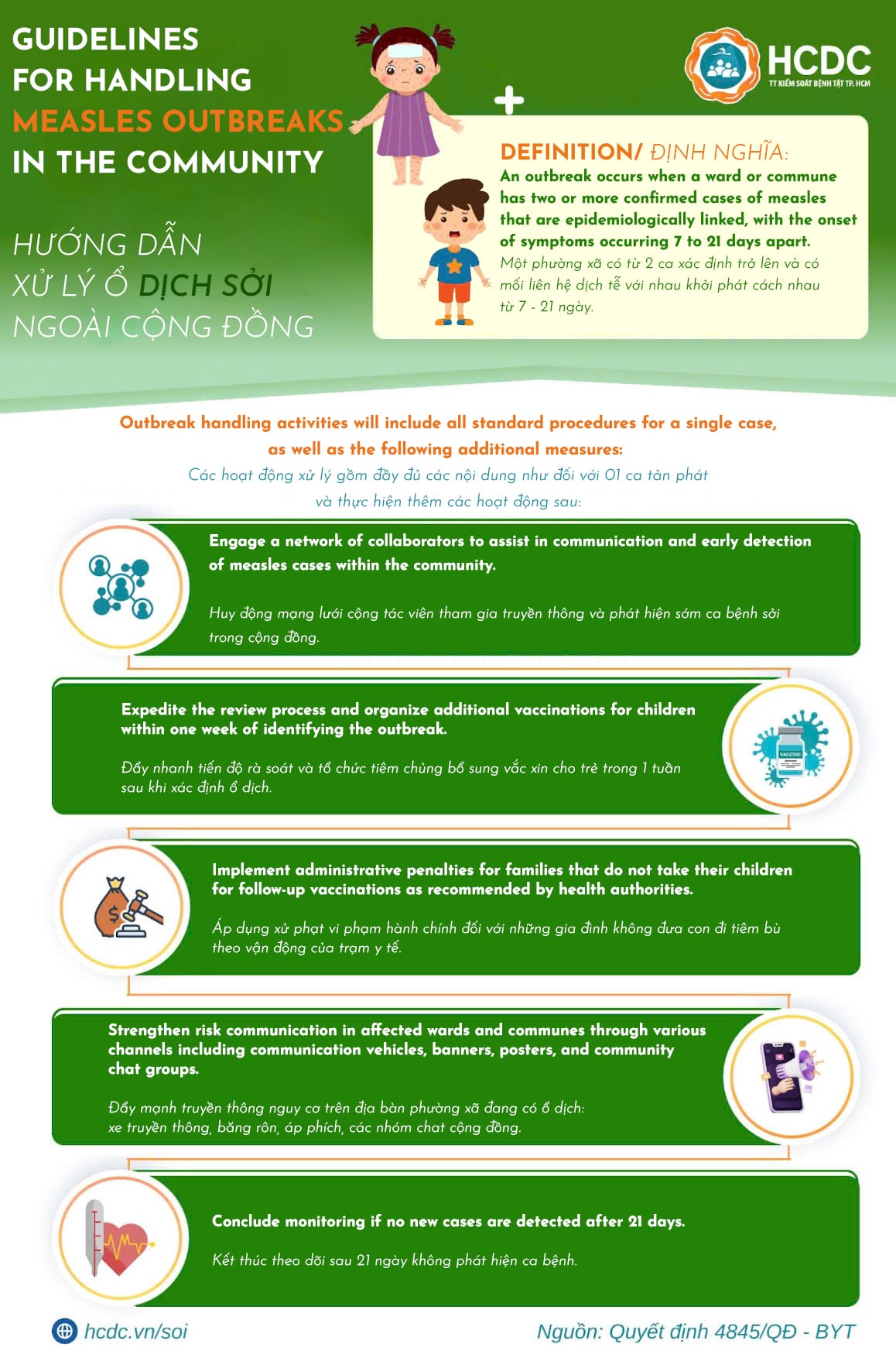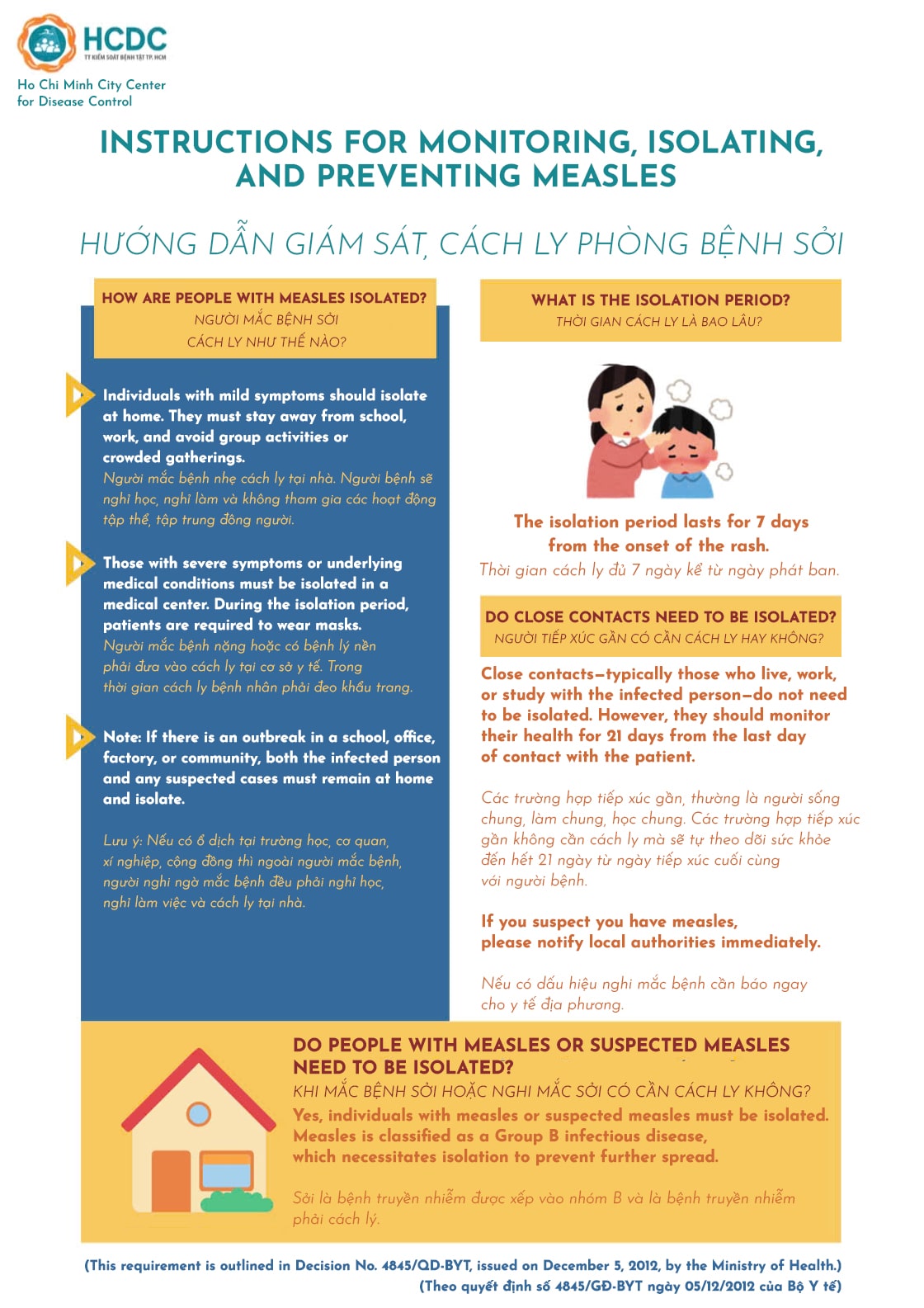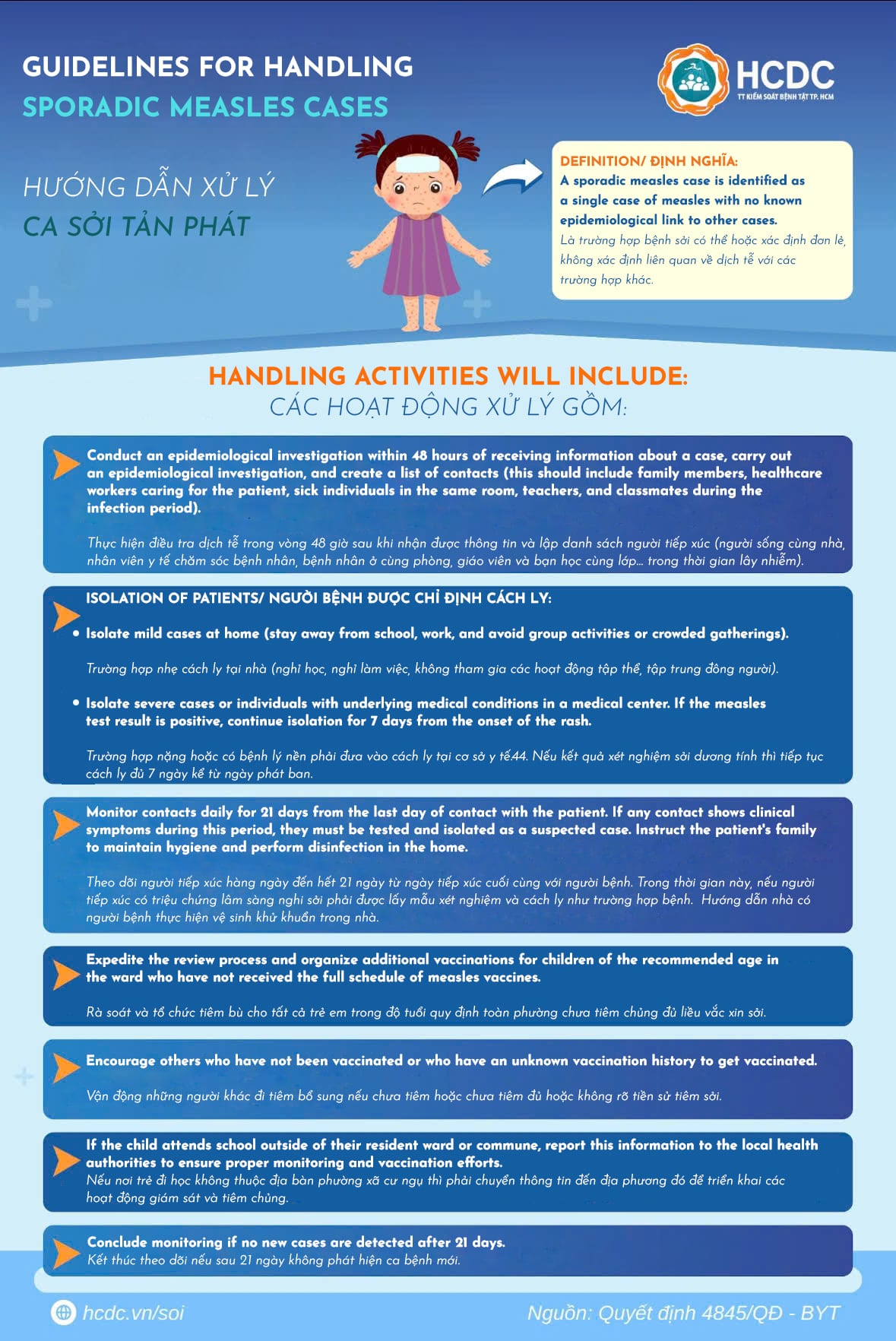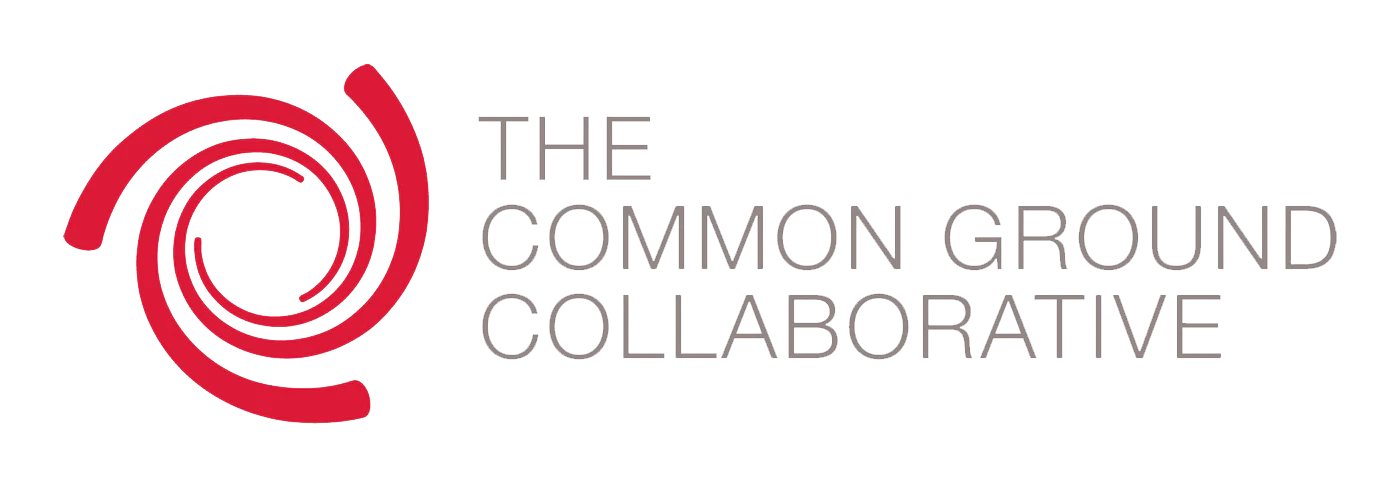Well-being – The health and wellbeing of the child are protected and nurtured.
All children have the right to have their health and wellbeing promoted and to be protected from harm. They also have a right to experience affection, warmth and consistent care.
Protecting and nurturing health and wellbeing includes paying attention to aspects of physical care, such as healthy eating and nutrition and opportunities for physical activity. Safe, stable and responsive environments support the development of self-worth, identity, confidence and enjoyment, together with emotional regulation and self-control.
Contribution – Opportunities for learning are equitable, and each child’s contribution is valued
Children develop by participating actively in the opportunities that are available to them. These typically involve collaboration with adults and other children.
Te Whariki recognises and builds on each child’s strengths, allowing them to make their own unique contribution. Every child has the right to equitable opportunities to participate actively in the learning community.
To make a contribution, children need to develop responsive and reciprocal relationships with teachers and with other children. Teachers play an important role in helping children initiate and maintain relationships with peers. It is through interacting with others that children learn to take another’s point of view, empathise, ask for help, see themselves as a help to others and discuss or explain their ideas.
– Te Whāriki – New Zealand Early Childhood Curriculum

